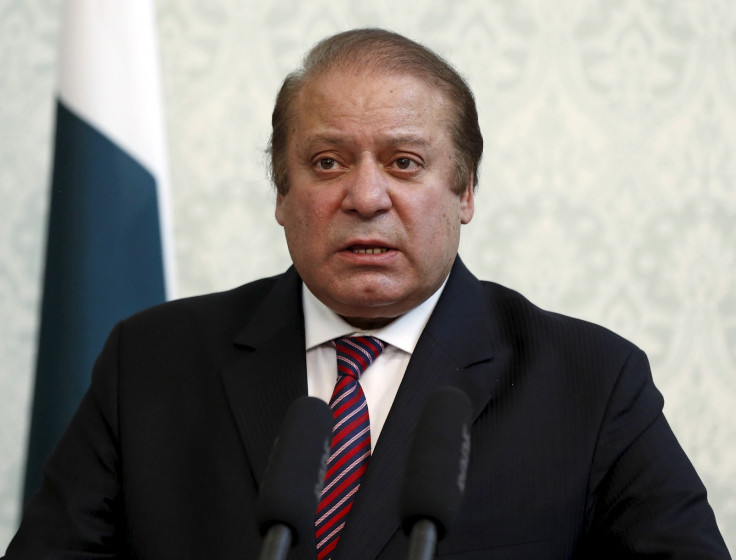Pakistan PM blames India for domestic terror attacks in veiled remarks

Pakistani Prime Minister Nawaz Sharif has indirectly pointed out that India is aggressively pursuing efforts to destabilise his country as he chides the right-wing government in the neighbouring nation.
Alleging that Islamabad's "enemies" are keen on dividing Pakistan by stoking communal tensions, Sharif said that his government would take measures to defend against those forces.
"The enemy is using different tactics to divide the nation on sectarian and ethnic grounds but we will thwart their designs with unity," the Pakistani premier said during an all-party meeting in Quetta, the provincial capital of hotbed Baluchistan.
He was speaking in the wake of the major terror attack on Karachi-bound buses killing several people by unidentified gunmen. Local government authorities went on to suggest India's leading intelligence agency Research and Analysis Wing (RAW) had orchestrated the attack.
"Pakistan's enemies are not happy with the country's progress and development and want to weaken it through incidents such as Mastung bus attack. There are some who wish to make us fight amongst ourselves," Pakistani prime minister told the meeting, which was also attended by the army chief general Raheel Sharif.
Highlighting that Pakistan suffered losses of up to $110 billion in recent years owing to rising terrorism, Sharif insisted: "We are determined to eliminate terrorism and extremism from our country."
"Complete peace has not been restored but a change is visible because of efforts made by the provincial government."
Though Sharif did not explicitly mention India, Pakistani politicians are known to blame their neighbour for a range of domestic problems.
The Islamabad leader, who attended his Indian counterpart Narendra Modi's swearing-in ceremony in New Delhi a year ago, also took the opportunity to criticise India on other matters as well.
Ever since Modi took over office as prime minister, there have been mixed developments from the troubled neighbours. Despite the two sides' promise to reach out and address the issues, bilateral diplomatic relations appears to have hit an impasse, if not worsened.
© Copyright IBTimes 2025. All rights reserved.





















